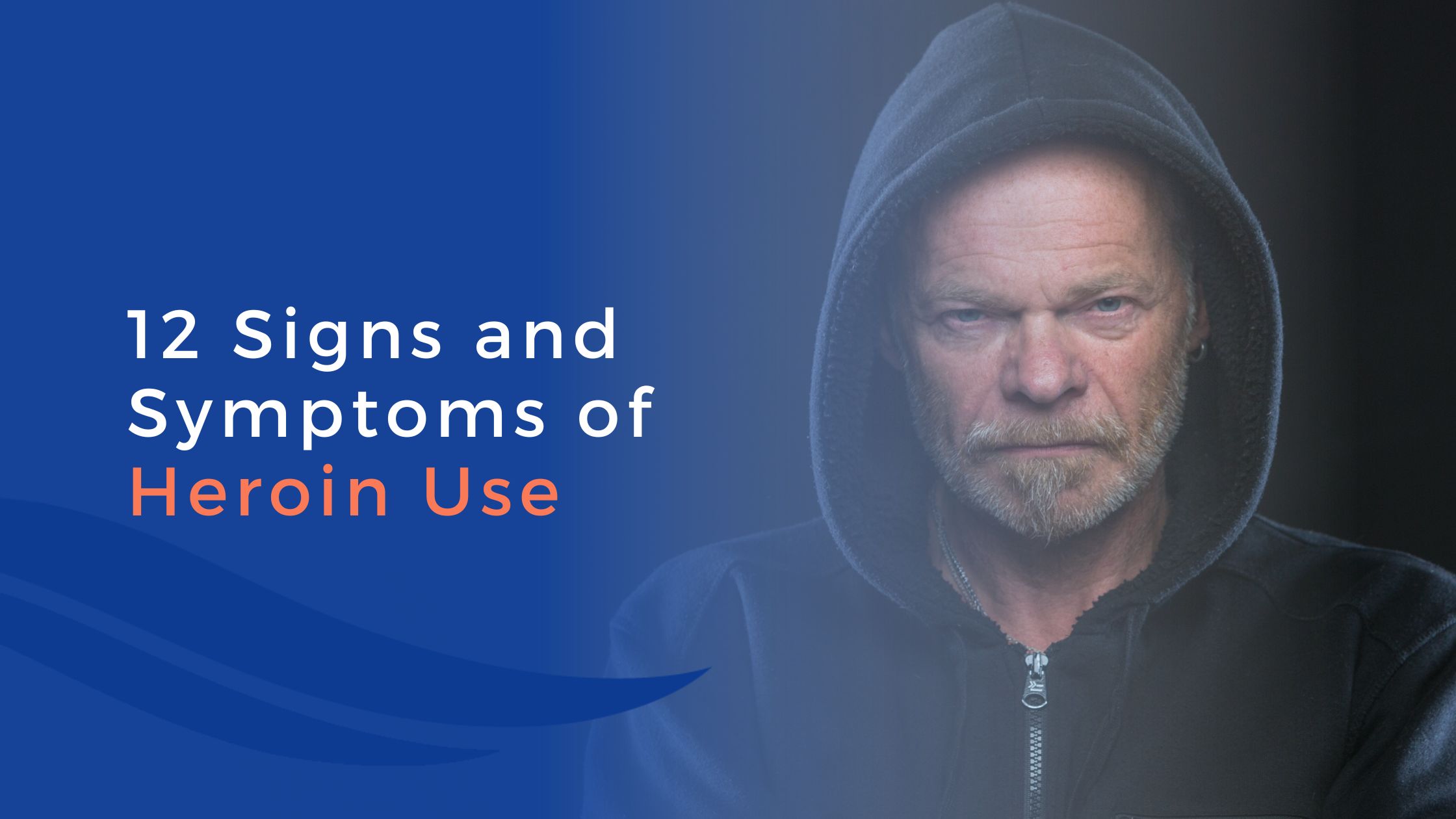12 Signs and Symptoms of Heroin Use
July 1, 2024 - Addiction Treatment, Heroin Addiction Treatment, Substance Abuse
Medically Reviewed by Brooke McKenzie


Written By
DreamLife RecoveryHeroin use disorder is a serious and potentially lethal condition that affects millions of people around the world. One of the common effects of heroin addiction is the development of physical symptoms, such as heroin sores, bruises, and scars. These visible signs can be alarming to both the person using heroin and those around them.
If you notice symptoms of heroin use in a loved one, DreamLife Recovery can help. Our heroin addiction treatment in Pennsylvania provides comprehensive care for individuals struggling with heroin addiction, including addressing the physical effects of drug use.
Call [Direct] today to learn more and take the first step toward recovery.
12 Common Signs of Heroin Use
1. Heroin Sores, Scars, and Bruises
One of the most notable physical signs of heroin addiction is the development of scars, sores, and bruises on the skin. This is due to repeated injection into veins that can cause damage and open wounds. Additionally, people who use heroin may pick at their skin while high, causing further harm and scarring. If you notice heroin bruises, sores, or scars on your loved one’s body, it is vital to address them immediately and seek medical attention if necessary.
2. Drastic Weight Loss
Does heroin make you lose weight? Heroin use can lead to drastic weight loss. The drug can suppress appetite and cause severe nausea, leading to malnourishment and weight loss. If you notice a loved one suddenly losing a significant amount of weight, it could be a sign of heroin addiction.
3. Changes in Mood and Behavior
Heroin use can also drastically alter a person’s mood and behavior. People with heroin use disorder may become more secretive, irritable, or withdrawn. They may also experience sudden bursts of energy followed by periods of extreme drowsiness or lethargy.
4. Neglecting Responsibilities
As addiction takes over, individuals often neglect their responsibilities and obligations. This can include missing work or school, neglecting personal hygiene, and failing to fulfill familial or social commitments.
5. Financial Problems
Heroin is an expensive drug, and people who use heroin may struggle to maintain their addiction due to financial strain. If you notice your loved one constantly borrowing money or asking for loans without a logical explanation, it could be a sign of heroin addiction.
6. Lying About Drug Use
Many people with substance use disorder will go to great lengths to hide their addiction from others. They may lie about where they are going or what they are doing in order to use heroin without being caught.
7. Legal Troubles
Heroin addiction can also lead to legal troubles as people who use the drug may engage in illegal activities to obtain the drug or due to impaired decision-making while under its influence. If your loved one has a history of legal issues, it could be related to their addiction.
8. Neglecting Hobbies and Interests
As addiction takes over, those who use heroin often lose interest in hobbies and activities they once enjoyed. They may spend most of their time focusing on obtaining and using heroin instead.
9. Neglecting Personal Appearance
The physical toll of heroin addiction can also be seen in a person’s appearance. They may neglect personal hygiene and grooming, leading to a disheveled and unkempt appearance.
10. Health Issues
Heroin use can have serious health consequences such as respiratory issues, heart problems, and infections. If your loved one is experiencing frequent health problems or illnesses, it could be related to their heroin use.
11. Changes in Sleeping Patterns
As heroin is a sedative drug, people who use it may experience changes in their sleeping patterns. They may sleep for extended periods of time during the day or have difficulties falling asleep at night.
12. Drug Paraphernalia
If you come across needles, spoons, lighters, or other drug paraphernalia in your loved one’s possession, it could be a clear sign of heroin use. Additionally, finding small plastic bags with residue or torn-up pieces of foil could also indicate drug use.
Call DreamLife Today to Begin Heroin Addiction Treatment in Pennsylvania
Recognizing the signs of heroin addiction is crucial to helping your loved one seek the necessary help for recovery. If you notice any of these signs in your friend or family member, it’s important to approach them with compassion and encourage them to seek professional treatment.
Call [Direct] today or complete our online form to speak with one of our addiction specialists and learn more about our heroin addiction treatment.







